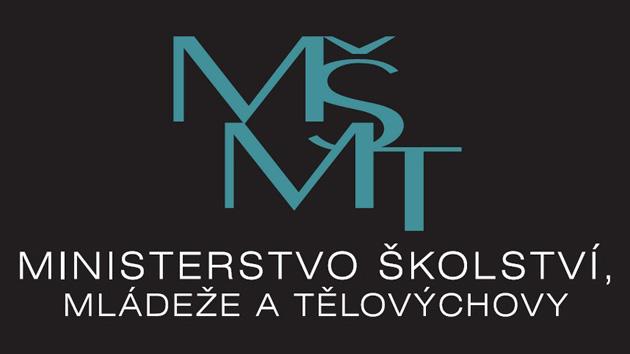OSCE conference on equal access to quality education for Roma children in the Czech Republic

In the Czech Republic, Romani children comprise 28 % of the pupils attending what were once called the "special schools", according to the most recent research on the issue produced by the Czech Social Inspectorate. Czech Deputy Education Minister Jindřich Fryč presented the results of that research at an international conference on the education of Romani children on 30 May in Prague.
Fryč said the plan is for such surveying of those schools to be repeated annually. The move is one of eight measures meant to support the further enrollment of Romani boys and girls into mainstream schools.
Czech Human Rights Minister Jiří Dienstbier told the conference that inclusive education is not yet succeeding sufficiently in the Czech Republic. Only children who are diagnosed as lightly mentally disabled are supposed to attend what are now called the "practical elementary schools" (previously called the "special schools").
The Czech Republic has garnered criticism for years over the fact that many Romani children who are not mentally disabled unnecessarily end up being educated as such. In 2007 the European Court for Human Rights found the Czech Republic had violated Romani children’s right to education and discriminated against them by sending them to the "special schools".
According to many Romani activists and experts the situation has not changed much since. Last October the most recent analysis performed by the ministry surveyed 478 schools attended by at least five children being educated according to curriculum for the lightly mentally disabled (i.e., in the "special schools").
A total of 41 643 children in the schools surveyed were being educated according to the regular mainstream curriculum. One-tenth of those children were Romani (4 278).
A total of 14 908 schoolchildren were receiving an education designed for pupils with light mental disability. Of those, 4 198 (or 28 %) were Romani.
"These are the first valid data with which we are now able to work," Fryč said. In his view, the data prove that the number of children identified as lightly mentally disabled who are now being mainstreamed is rising.
The Deputy Education Minister pointed out that these results cannot be compared easily to previous findings, as the sample of schools used is not comparable to previous surveys from either a qualitative or quantitative perspective. According to Human Rights Minister Dienstbier, it is evident from the data that the inclusion of Romani children into mainstream schools is still not sufficiently successful in the Czech Republic.
"Studies show that all children have the same capacity for education irrespective of ethnicity or race. If members of a certain ethnicity are evidently overrepresented in these reduced educational programs [for children with intellectual disabilities], it is obvious that something is wrong with the system," Dienstbier said.
The Human Rights Minister also said socially disadvantaged children should be included in mainstream education and should receive assistance according to their needs. "If we don’t resolve this, these social problems will be transferred to the next generation. This is not only unacceptable from a human rights perspective, it is irrational," he said.
According to Deputy Education Minister Fryč, the Czech Education Ministry has elaborated a plan that responds to the European Court of Human Rights judgment. The plan includes eight measures.
The gathering of regular statistics about the number of children with light mental disability is one such measure. The analysis of those statistics will be repeated every autumn.
The ministry should produce its first results for 2014 in December. Other steps include changes to the way children are diagnosed in the first place.
According to Human Rights Minister Dienstbier, those changes should take into account factors such as children whose home environments are not sufficiently stimulating and who are unable to develop for that reason. Five-year-olds should be able to make up for those deficiencies by attending nursery school.
The plan counts on making the final year of nursery school obligatory for all children. The approach to disadvantaged pupils should also change so that they will not be viewed as inherently disabled, but as children with special educational needs.